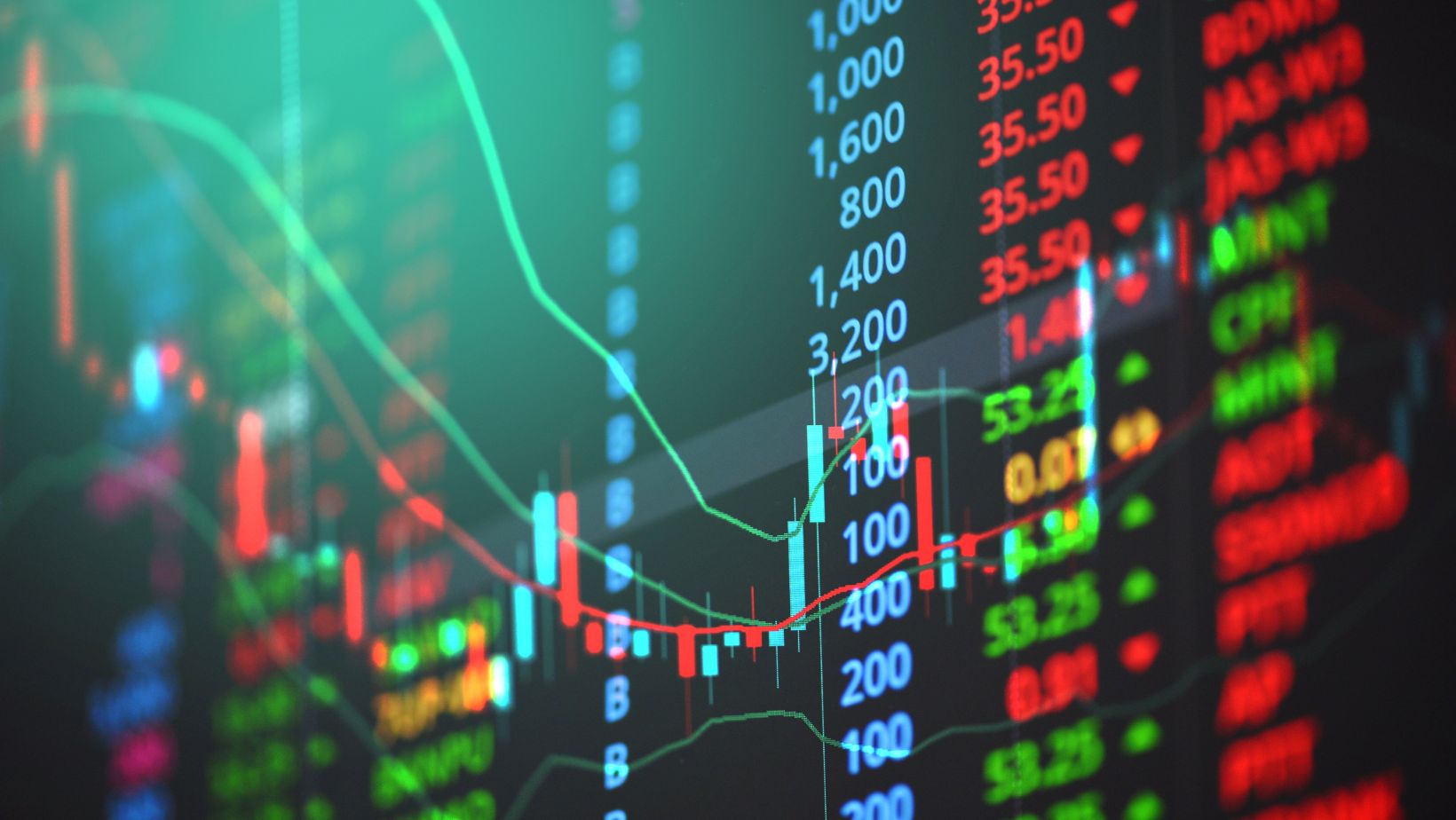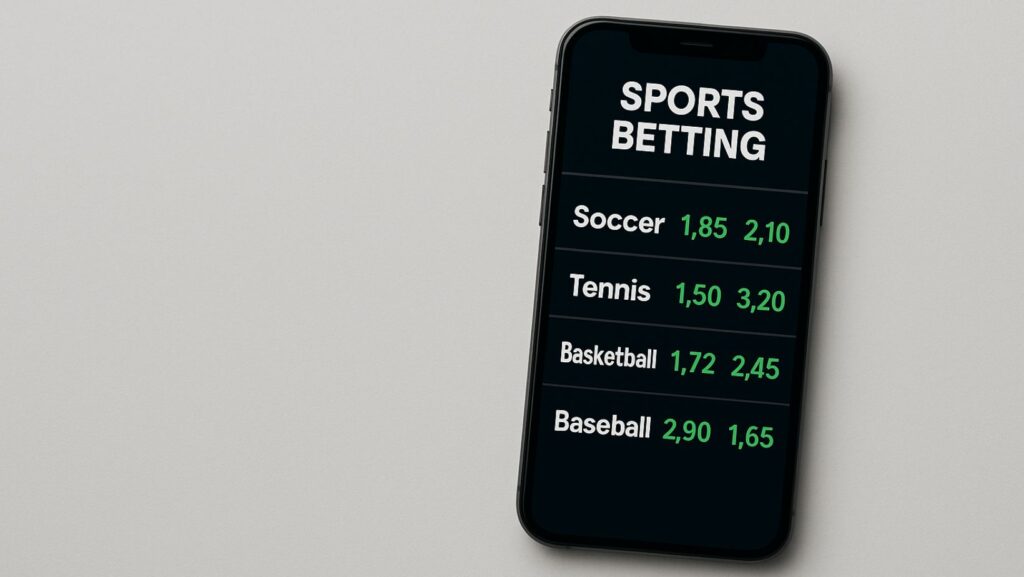Sports betting markets and financial trading seem worlds apart. One is driven by passion, the other by the pursuit of profit. Yet beneath the surface, both operate with high-stakes ecosystems that are shaped by probability, strategy, and risk management.
Do betting markets mirror financial trading in terms of the numbers? Not hugely. The daily trading volume of the foreign exchange (Forex) market, for example, is around USD 7.5 trillion. It’s the largest and most liquid market in the world. In comparison, the global sports betting market is expected to generate USD 77.18 billion this year. Smaller, yes, but still a massive economic influence. With both, success depends on analyzing information, anticipating movements, and making calculated decisions.
Odds vs. Prices
At their heart, both betting markets and financial markets are built on translating probability into numbers.
In betting, odds dictate how much a winning wager will pay. The figures reflect the implied probability of a certain outcome. Shorter odds indicate a higher perceived chance. In a Team A vs Team B scenario, this would be the favorite. Longer odds indicate a lower perceived chance—the underdog.
Bettors place wagers based on their opinion of whether the odds offer value. The bookmakers set lines (or spreads for points-based sports) to balance action across the different sides.
In trading, prices are similar. These represent the market’s collective assessment of an asset’s future value. The prices shift as new information emerges. Just like when odds shorten when significant money flows towards one side, asset prices rise when there is more buying than selling. At the other end, they fall when selling pressure dominates.

Both respond to market signals. In sports betting, a sudden change in the line could mean that informed bettors are influencing the market. In financial markets, a surge in trading volume could be due to a major news event. In both cases, the numbers on the screen are the visible output of deeper forces shaping risk and probability.
Psychology and Sentiment
In both betting and financial markets, human psychology plays a role. In a sportsbook, “public money” often floods popular bets. This is similar to how retail traders push asset prices away from fundamentals. Herd mentality ensues. Momentum swings occur. Winners attract more backers, rising stocks draw more buyers. Savvy participants look for mispriced opportunities in both betting and stocks. This human behavior also shapes how platforms design apps and tools for both.
Behind the Risk-Taking
The move from in-person transactions to mobile platforms has changed how traders and bettors carry out their tasks.
Stock exchanges once relied on busy trading floors. These have now been replaced by online broker apps.
Betting markets are also now accessible at the tap of a screen. Bettors used to place bets in a shop or racetrack. Now, people from all over the world can bet wherever and whenever they are (provided it’s legal in their jurisdiction). For instance, betting apps in Canada give Canadians instant access to odds, lines, and wagers in real-time. The financial trading equivalent is the trading apps that deliver real-time share prices and investment tools.
In both industries, the move to mobile has come about due to sophisticated technology. Geolocation tools mean users can only bet where it’s legal to do so. Payment security protocols like encryption and multi-factor authentication (MFA) protect financial transactions for both.
Risk Management – Hedging and Cash-Outs
In finance, traders use derivatives to hedge against potential losses. In betting, a similar strategy is the cash-out option.

Casual bettors often accept higher risk for entertainment. Professional traders will aim to minimize exposure and preserve capital.
Regulation and Ethics
Both finance and betting follow strict regulatory frameworks. These are designed to protect participants and ensure market integrity.
Gambling commissions like the Kahnawake Gaming Commission oversee operators in betting. They enforce fair play, anti-fraud measures, and responsible gambling initiatives.
Similarly, financial regulators like the Canadian Securities Administrators (CSA) require firms to be transparent and disclose risks to investors.
In both, consumer protection is crucial. For betting, it’s things like deposit limits and self-exclusion tools; in trading, it’s suitability checks and detailed risk disclosures.
Lessons from Both Sides of the Coin
Success in betting and trading is based on the same principles:
- Balancing risk and reward.
- Managing emotions.
- Making informed decisions.
The two once-separate worlds are converging. Mobile platforms make financial markets and betting markets more similar than they ever have been. And more accessible. Real-time data, predictive models, and digital tools mean both trading and betting see even closer parallels—ones where strategy, technology, and risk management determine outcomes.
